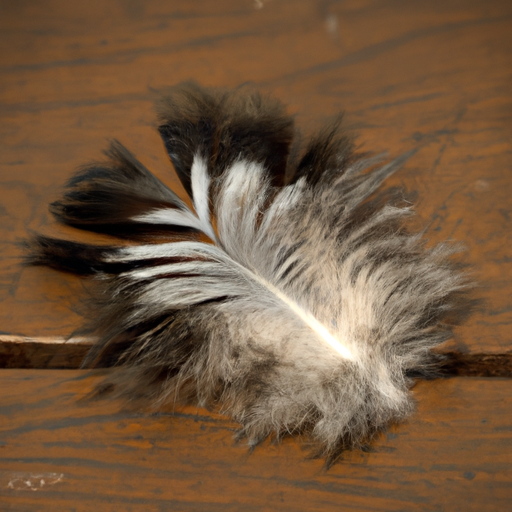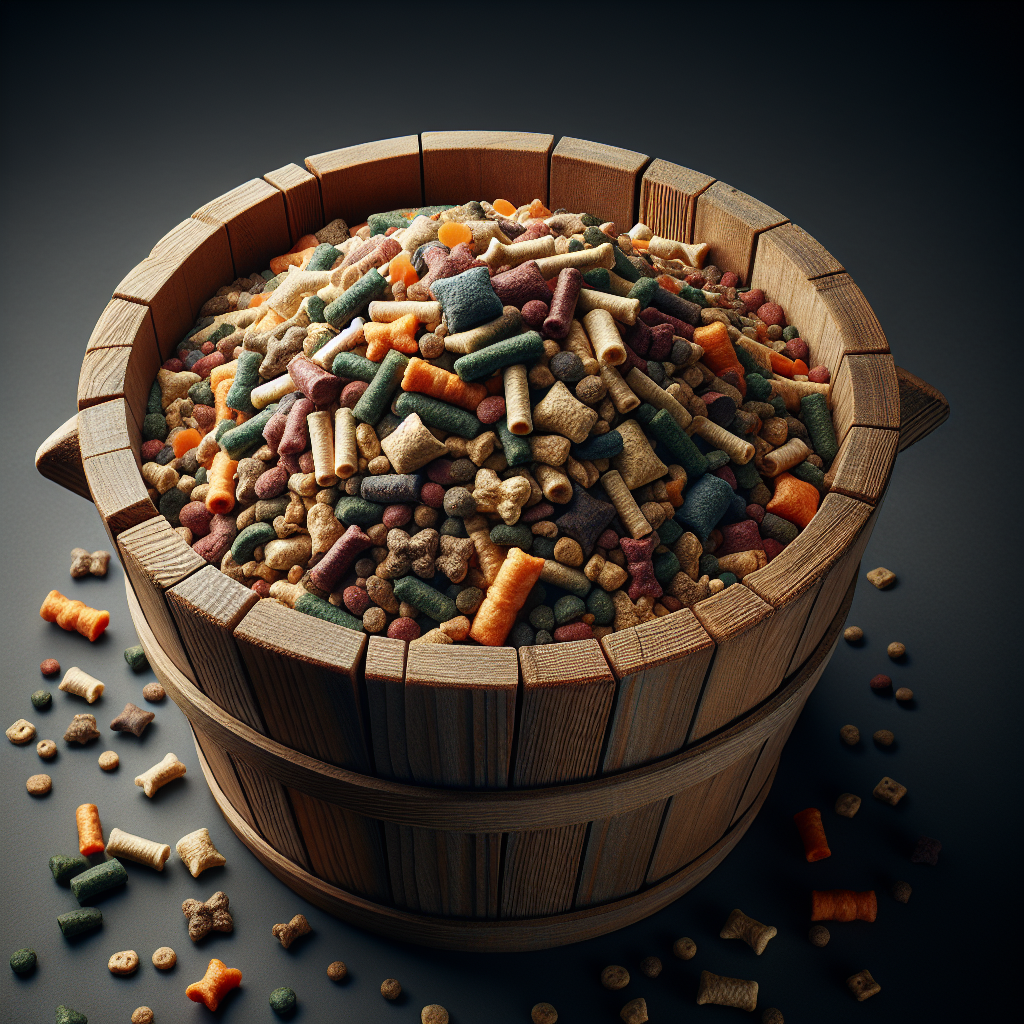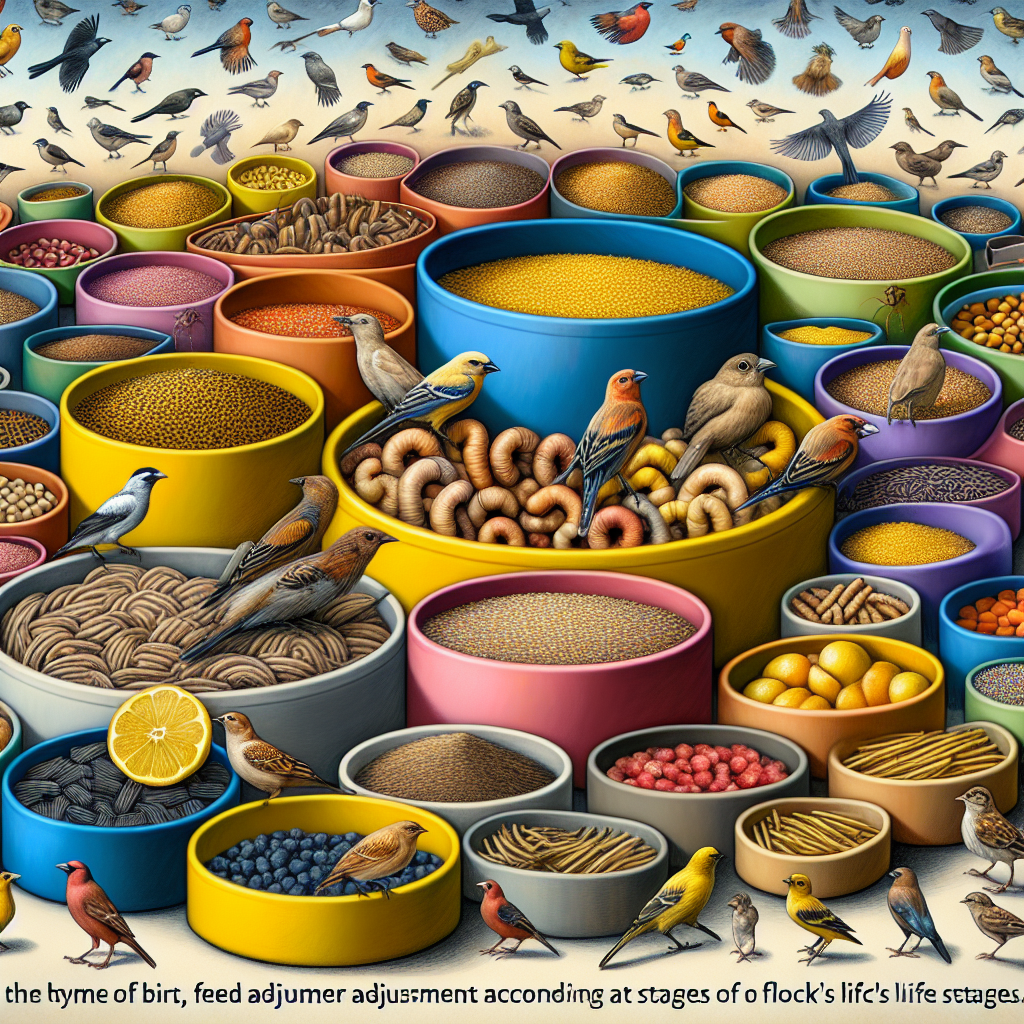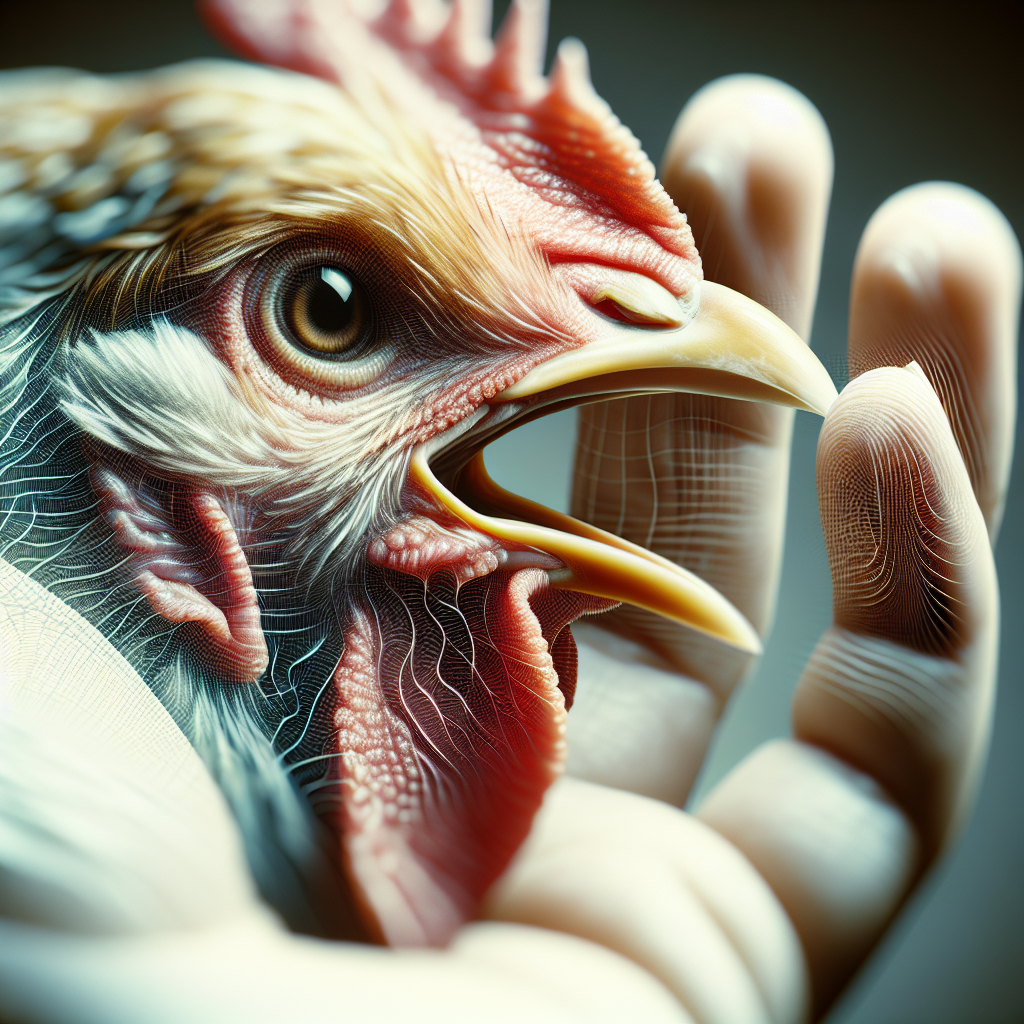You have probably wondered if molting chickens require special feed formulations to support their feather growth and overall health during this transitional period. Molting is a natural process where chickens shed and regrow their feathers, and it can be quite a demanding time for their bodies. In this article, we will explore the importance of providing the right nutrition for molting chickens and whether special feed formulations are necessary to ensure they thrive during this phase. So, let’s dive into the world of molting chickens and find out how to best support them through their feather-growing journey!
I. Importance of Molting in Chickens
Molting is a natural process that chickens go through to renew their feathers. It plays a vital role in the overall health and productivity of the birds. During molting, old feathers are shed, making room for new ones to grow. This process is essential for maintaining the insulation of feathers, providing protection against environmental factors, and promoting optimal egg production.
A. Definition of Molting
Molting refers to the process in which chickens shed their old feathers and regrow new ones. It is a cyclical process that occurs as chickens mature and requires a significant amount of energy and nutrients.
B. Purpose of Molting
The primary purpose of molting in chickens is to replace old, worn-out feathers with new ones. This process allows chickens to maintain their overall health, ensure proper insulation, and regulate body temperature. Additionally, molting is crucial for chickens that are used for egg production, as it allows them to pause egg-laying and focus on feather regrowth.
C. Impact of Molting on Egg Production
Molting has a direct impact on egg production in chickens. During the molting period, hens typically experience a decline in egg-laying or may completely stop producing eggs. This decline in egg production is a natural occurrence as the energy and nutrients are redirected towards feather regrowth. However, once the molting process is complete, hens will often resume laying eggs at a higher rate, resulting in improved overall productivity.
II. Nutritional Requirements During Molting
Proper nutrition is paramount during the molting period to ensure chickens have the necessary resources for feather regrowth and overall health. The nutritional needs of chickens change during molting, requiring specific adjustments in their diet.
A. Changes in Nutritional Needs
Molting chickens have increased nutritional demands as they redirect energy towards feather regeneration. They require higher levels of protein, vitamins, and minerals to support this process. The increased nutritional needs during molting highlight the importance of providing appropriate feed formulations tailored specifically for molting chickens.
B. Nutrients Essential for Molting Chickens
Certain nutrients play a critical role in the molting process. Proteins are crucial for feather growth, as feathers are primarily composed of keratin, a proteinaceous substance. Amino acids, the building blocks of proteins, are essential for feather regrowth. In addition to proteins, vitamins such as biotin, vitamin A, and vitamin D are necessary for feather development. Minerals like calcium and phosphorus are also essential for bone regeneration.
C. Optimal Energy Balance
A balanced energy level is vital during the molting period. While chickens require increased energy to support feather regrowth, excessive energy intake can lead to weight gain and negatively impact their health. It is crucial to provide feed formulations that strike the right balance to ensure optimal energy intake during molting.
III. Special Feed Formulations
To meet the specific nutritional requirements of molting chickens, special feed formulations are often recommended. These formulations are designed to provide the necessary nutrients and energy levels to support feather regrowth and overall health.
A. High-Protein Diets
Special feed formulations for molting chickens often contain higher levels of protein to support feather formation. Protein sources such as soybean meal, fish meal, and poultry by-products are commonly included to supply the necessary amino acids required for feather regeneration.
B. Increased Vitamin and Mineral Content
Feed formulations for molting chickens typically have increased levels of vitamins and minerals to support feather health. Biotin, vitamin A, and vitamin D are commonly included to promote feather growth, while minerals like calcium and phosphorus are essential for bone development.
C. Addition of Nutraceuticals
Nutraceuticals, such as herbs and botanicals, are often added to special feed formulations for molting chickens. These natural additives can improve digestive health, boost immunity, and provide additional support during the molting process.
IV. Factors Affecting Feed Formulations
When formulating feeds for molting chickens, several factors need to be considered to ensure the feed meets the specific needs of the birds.
A. Chicken Age
The age of the chickens plays a significant role in feed formulation. Younger birds may have different nutritional requirements compared to mature birds, and their feed formulations should be adjusted accordingly.
B. Molting Duration
The duration of the molting period can vary among chicken breeds and individuals. Longer molting periods may require feed formulations with sustained nutrient levels to support prolonged feather regrowth.
C. Availability of Feed Ingredients
The availability and cost of feed ingredients can influence the formulation of feeds for molting chickens. It is essential to choose ingredients that are both nutritionally beneficial and economically viable.
V. Examples of Feed Formulations for Molting Chickens
There are various feed formulations available for molting chickens, tailored to their specific nutritional needs during this period.
A. Starter Feeds
Starter feeds for molting chickens are typically high in protein to support feather regrowth. These feeds often contain a blend of protein sources like soybean meal and fish meal, along with vitamins and minerals necessary for feather development.
B. Maintenance Rations
Maintenance rations for molting chickens aim to provide a balanced diet to sustain overall health during the molting process. These formulations often include a mix of protein sources, vitamins, minerals, and nutraceuticals to support feather regrowth and maintain optimal energy levels.
C. Supplemental Feeds
Supplemental feeds can be offered during the molting period to provide additional nutrients and support feather regrowth. These feeds can include specific ingredients like flaxseed or mealworms, which are rich in omega-3 fatty acids and protein, respectively.
VI. Feed Management Practices During Molting
Proper feed management is crucial during the molting period to ensure chickens receive the necessary nutrients for successful feather regrowth.
A. Controlled Feeding
Controlled feeding involves providing specific amounts of feed at specific times to ensure optimal nutrient intake. This practice helps prevent under or overfeeding, which can affect feather regrowth and overall health.
B. Monitoring Feed Intake
Regular monitoring of feed intake is essential to ensure chickens are consuming enough feed to meet their nutritional needs. Monitoring feed intake can also help identify any changes or issues that may arise during the molting period.
C. Adjusting Feeding Schedule
The feeding schedule may need to be adjusted during the molting period to provide smaller, more frequent meals. This helps ensure chickens have access to the necessary nutrients throughout the day and prevents excessive energy intake in a single feeding.
VII. Role of Water in Molting
Adequate water consumption is essential during the molting period for optimal feather regrowth and overall health.
A. Increased Water Consumption
Molting chickens often have an increased water requirement due to the energy-intensive process of feather regeneration. Providing ample fresh water is necessary to support these increased needs.
B. Water Quality Considerations
Water quality is crucial during molting, as poor water quality can negatively affect feather regrowth and overall health. Clean, fresh water free from contaminants should be made available at all times.
C. Electrolyte Supplementation
Supplementing electrolytes in the water during molting can help support hydration and replenish essential minerals lost during the molting process. Electrolytes can help maintain optimal balance and aid in feather regrowth.
VIII. Challenges in Feed Formulations for Molting Chickens
Formulating feed specifically for molting chickens can come with certain challenges that need to be addressed.
A. Cost of Special Feed Formulations
Special feed formulations for molting chickens may require additional or higher-quality ingredients, which can increase the cost of feed production. Balancing nutritional requirements with economic feasibility is a challenge that feed manufacturers and chicken owners must consider.
B. Maintaining Optimal Nutrient Balance
Formulating feed for molting chickens involves finding the right balance of nutrients to support feather regrowth without over or underfeeding. Achieving and maintaining this optimal nutrient balance can be challenging and requires careful consideration.
C. Ensuring Feed Palatability
Molting chickens may have a reduced appetite or be less inclined to eat during this period. Ensuring feed palatability becomes important to encourage proper nutrient intake. Formulations must be made with ingredients that are appealing to chickens to ensure they consume the necessary nutrients for successful molting.
IX. Feeding Strategies for a Successful Molting Period
Implementing feeding strategies tailored to the molting period can contribute to the overall success of the process.
A. Gradual Transition to Special Feed Formulations
Gradually transitioning chickens to special feed formulations for molting can help ease the digestive system into the new diet. Slowly introducing the feed over several days can minimize any potential digestive disruptions during molting.
B. Regular Evaluation of Feed Performance
Regularly evaluating the performance of the feed formulations is essential to ensure they are meeting the nutritional needs of molting chickens. Observing changes in weight, feather regrowth, and overall health can help identify any necessary adjustments.
C. Seeking Professional Advice
If there are concerns about feed formulation or any challenges encountered during molting, seeking professional advice from nutritionists or poultry specialists can provide valuable guidance. They can offer specific recommendations based on individual circumstances to ensure the best possible outcomes.
X. Conclusion
Molting is a natural process in chickens that plays a vital role in their overall health and egg-laying capabilities. Proper nutrition, through special feed formulations, is crucial during the molting period to support feather regrowth and maintain optimal health. Factors such as chicken age, molting duration, and availability of feed ingredients must be considered when formulating feeds for molting chickens. Implementing appropriate feeding strategies and seeking professional advice can contribute to a successful molting period and improved productivity in chickens. By understanding the importance of molting and meeting the nutritional needs of chickens during this critical period, you can help ensure the well-being and success of your flock.




